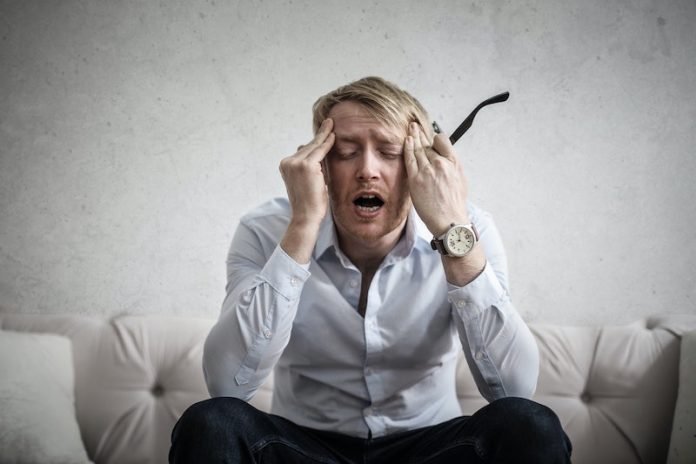
Anxiety disorders are generally treated with psychotherapy, medication, or both. There are many ways to treat anxiety, and you should work with a health care provider to choose the best treatment for you.
Psychotherapy
Psychotherapy or “talk therapy” can help people with anxiety disorders. To be effective, psychotherapy must be directed at your specific anxieties and tailored to your needs.
Cognitive Behavioral Therapy
Cognitive Behavioral Therapy (CBT) is an example of one type of psychotherapy that can help people with anxiety disorders.
It teaches people different ways of thinking, behaving, and reacting to situations to help you feel less anxious and fearful. CBT has been well studied and is the gold standard for psychotherapy.
Exposure therapy is a CBT method that is used to treat anxiety disorders. Exposure therapy focuses on confronting the fears underlying an anxiety disorder to help people engage in activities they have been avoiding.
Exposure therapy is sometimes used along with relaxation exercises.
Acceptance and Commitment Therapy
Another treatment option for some anxiety disorders is acceptance and commitment therapy (ACT). ACT takes a different approach than CBT to negative thoughts.
It uses strategies such as mindfulness and goal setting to reduce discomfort and anxiety. Compared to CBT, ACT is a newer form of psychotherapy treatment, so less data are available on its effectiveness.
Medication
Medication does not cure anxiety disorders but can help relieve symptoms. Health care providers, such as a psychiatrist or primary care provider, can prescribe medication for anxiety.
Some states also allow psychologists who have received specialized training to prescribe psychiatric medications.
The most common classes of medications used to combat anxiety disorders are antidepressants, anti-anxiety medications (such as benzodiazepines), and beta-blockers.
Antidepressants
Antidepressants are used to treat depression, but they can also be helpful for treating anxiety disorders. They may help improve the way your brain uses certain chemicals that control mood or stress.
You may need to try several different antidepressant medicines before finding the one that improves your symptoms and has manageable side effects.
Antidepressants can take several weeks to start working so it’s important to give the medication a chance before reaching a conclusion about its effectiveness.
If you begin taking antidepressants, do not stop taking them without the help of a health care provider. Your provider can help you slowly and safely decrease your dose.
Stopping them abruptly can cause withdrawal symptoms.
In some cases, children, teenagers, and adults younger than 25 may experience increased suicidal thoughts or behavior when taking antidepressant medications, especially in the first few weeks after starting or when the dose is changed.
Because of this, people of all ages taking antidepressants should be watched closely, especially during the first few weeks of treatment.
Anti-anxiety Medications
Anti-anxiety medications can help reduce the symptoms of anxiety, panic attacks, or extreme fear and worry. The most common anti-anxiety medications are called benzodiazepines.
Although benzodiazepines are sometimes used as first-line treatments for generalized anxiety disorder, they have both benefits and drawbacks.
Benzodiazepines are effective in relieving anxiety and take effect more quickly than antidepressant medications.
However, some people build up a tolerance to these medications and need higher and higher doses to get the same effect. Some people even become dependent on them.
To avoid these problems, health care providers usually prescribe benzodiazepines for short periods of time.
If people suddenly stop taking benzodiazepines, they may have withdrawal symptoms, or their anxiety may return.
Therefore, benzodiazepines should be tapered off slowly. Your provider can help you slowly and safely decrease your dose.
Beta-blockers
Although beta-blockers are most often used to treat high blood pressure, they can help relieve the physical symptoms of anxiety, such as rapid heartbeat, shaking, trembling, and blushing.
These medications can help people keep physical symptoms under control when taken for short periods. They can also be used “as needed” to reduce acute anxiety, including to prevent some predictable forms of performance anxieties.
If you care about anxiety, please read studies about a major cause of social anxiety disorder, and this natural supplement may relieve anxiety.
For more information about mental health, please see recent studies about beverage that could cut depression in older people, and results showing these common childhood behaviors may lead to anxiety in later life.



